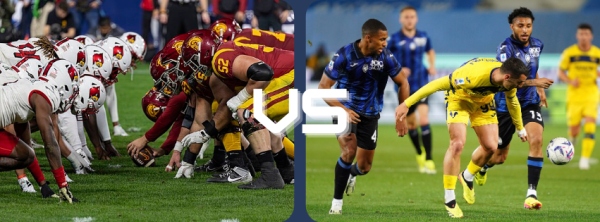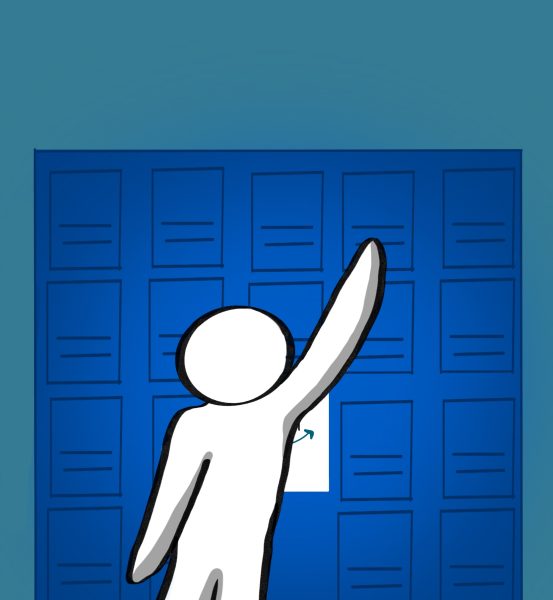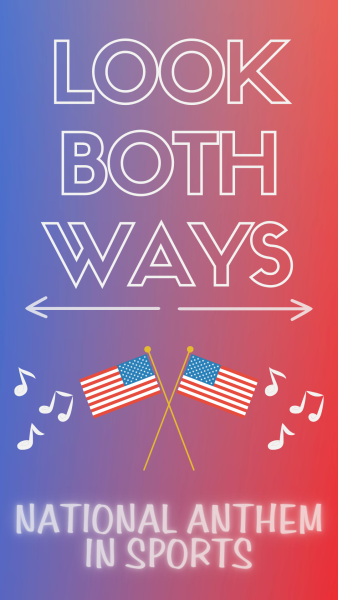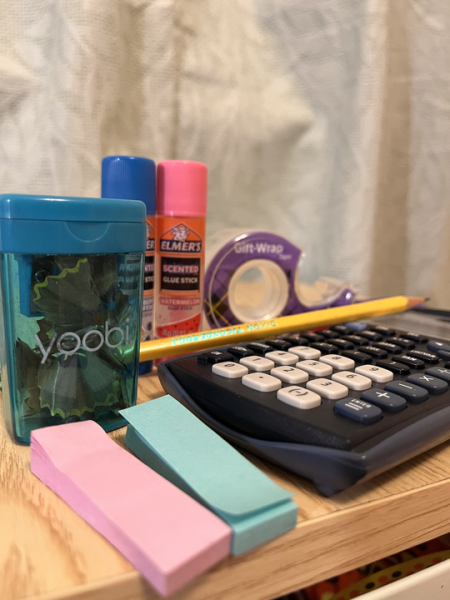Competition is wrong way to educate
October 7, 1987
The classroom is quiet but for the rustle of paper. Every student is intent on his own work, scarcely even aware of the competitors in the room. The brighter students are writing rapidly while their slower counterparts are somewhat more plodding, but everyone is working.
What’s wrong with this picture of earnest students competing as hard as they can for top grades—or at least for the best grade they can achieve?
Roger and David Johnson believe it could be a good deal better. For more than 20 years these brothers, both professors in the University of Minnesota’s School of Education, have been preaching the gospel of cooperative learning.
It is their considered opinion, backed up by countless studies, that our ideal of earnest classroom competition—or of independent study—is dead wrong. Children who learn cooperatively, they tell the 25,000 teachers to whom they have taught their unorthodox pedagogy, not only learn better but also feel better about themselves and get along better with each other.
They are so convinced that they are right, Roger Johnson, 49, told a reporter for Psychology Today, that they are “trying to change American schools from predominantly competitive places to predominantly cooperative places.”
David Johnson, two years younger, adds that cooperation is “the basic phenomenon that distinguishes our species—the underpinning for everything.”
Well, of course. And anointing winners is just another name for embarrassing losers. But can you realistically expect the slower (or lazier) students working under the Johnsons’ team concept to pull their own weight? Won’t they simply sit back and wait for the bright ones to do the work?
Not if it’s done right. As Alfie Kohn put it in “It’s Hard to Get Left Out of a Pair” in the October issue of Psychology Today:
“Cooperative learning means more than putting a bunch of students together and telling them to get to work. It means creating ‘positive independence,’ structuring students’ interaction so that each depends on and is accountable to the others. A group identity is the goal; students must realize they will sink or swim together.”
A teacher trained by the Johnsons might ensure full participation in the groups (usually no larger than three) by requiring a single product with a group grade or by making each participant responsible for one segment of the lesson. Any member of the team might be called upon to defend the team’s work or to explain some aspect of it.
Observes Kohn: “Since every person is responsible for understanding (the material), no one can get away with less than active participation. And no one is finished until everyone in the group has mastered the lesson.
“The overall result is that students are unavoidably concerned about each other’s welfare. It’s not a matter of altruism, putting someone else’s interest before their own. Rather, positive interdependence means that their interests are bound together: ‘I can succeed only if you succeed, too.’ So there is a built-in incentive to help, to accept help, to root for others.”
And, as hundreds of studies attest, it works—not just for the slower students, who are, in effect, the beneficiaries of intense tutoring, but also for the brighter ones.
As Roger Johnson explains, “Cooperation means students share their talents and skills in a way that benefits everone…. No one of us is as smart as all of us. The very act of orally reviewing the lesson reinforces knowledge; explaining a concept to someone else is at least as useful to the tutor as to the tutored. And students appear to have so much more fun learning together that they might be more receptive to the material and thus be quicker to pick it up.”
More important to the Johnsons even than the academic results is the fact that cooperating students learn to like each other across barriers of class, ethnicity or physical handicap. “Prejudice declines and ridicule practically disappears. Kids who are different from one another start to enjoy being around each other, and they continue to socialize during their free time.”
The cooperative gospel according to David and Roger Johnson is enough to render virtually obscene our traditional picture of students vying with one another for attention, approval and grades.













